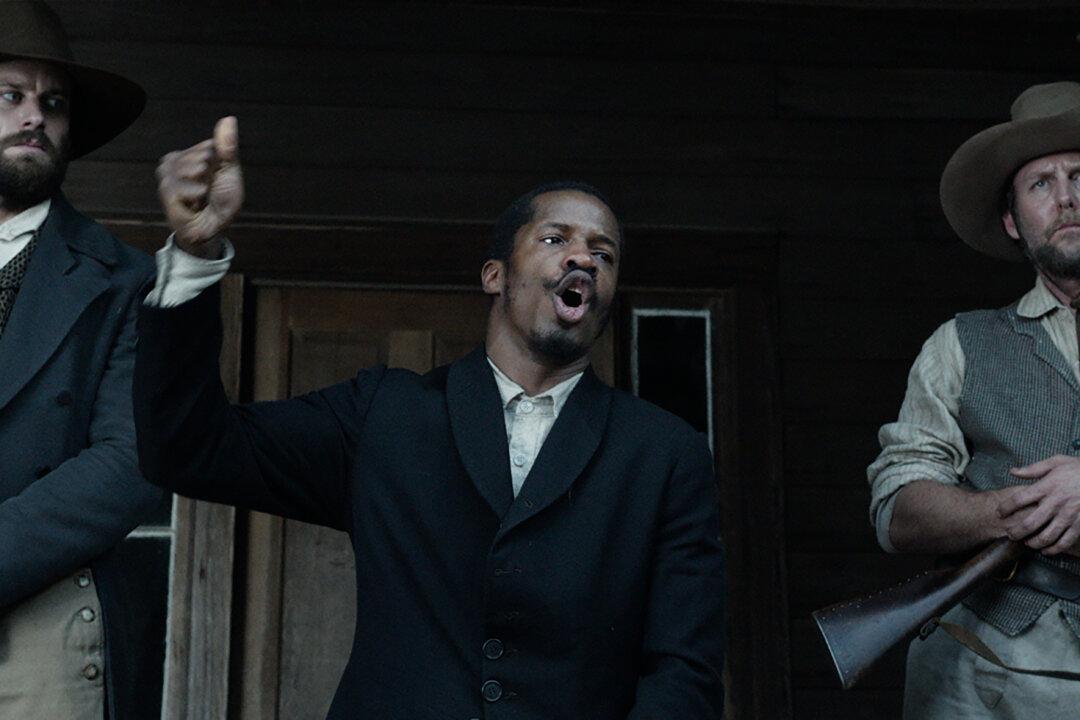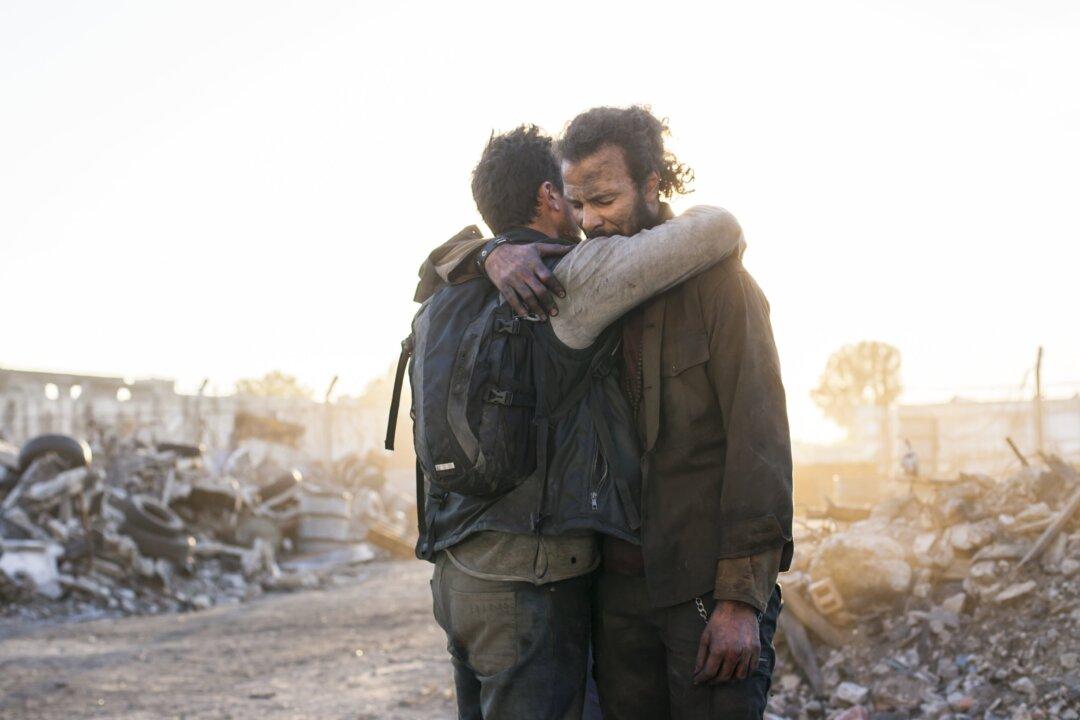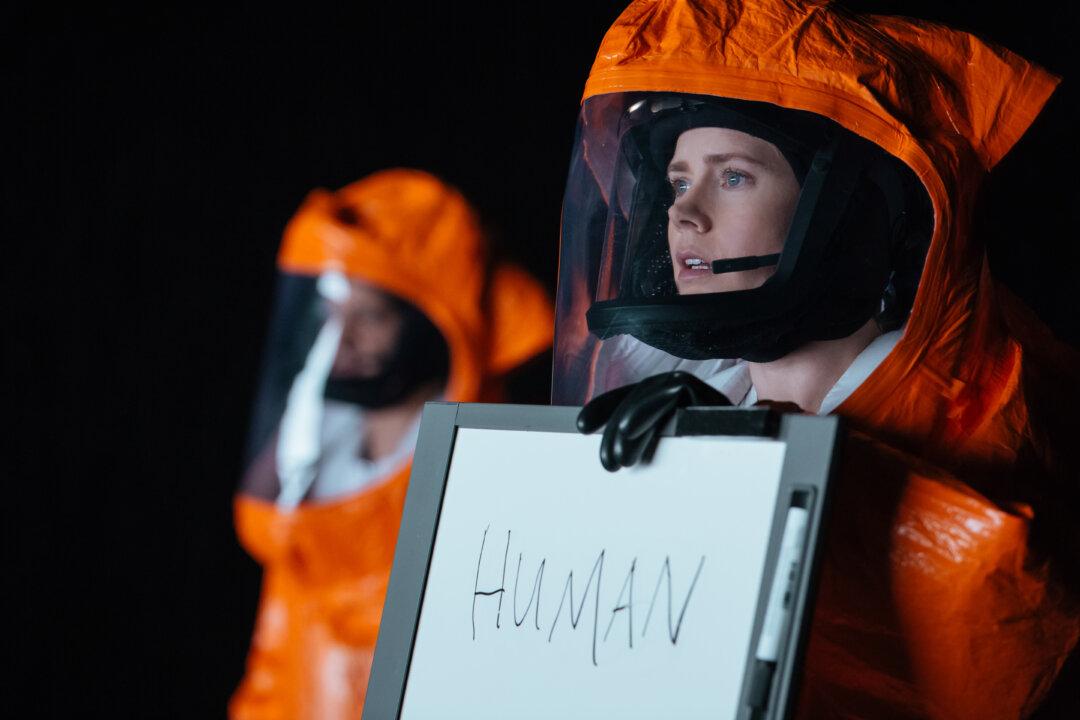2016’s festival buzz piece is Nate Parker’s much hyped slavery drama. Purchased for a record breaking distribution amount at the Sundance Film Festival and lauded at early screenings, the movie has subsequently suffered a backlash for non-film related reasons that are best ignored when judging it as a piece of art.
Using that criterion it’s something of a mixed bag, unsure of where its focus is and which story to tell, settling somewhere in the middle and diminishing the effects of both the suffering and the uprising. It’s rare that you criticise a movie for being too short, but this could have done with being given more room to breathe, more time to dwell on the fallout and legacy of Nat Turner’s (writer/director Parker) actions.
The story sees a young slave boy marked out by an elder as someone special, someone people should listen to. Fast forward a few decades and he’s working the cotton fields on Samuel Turner’s (Armie Hammer) struggling plantation. Taught to read at a young age by Elizabeth Turner (Penelope Ann-Miller), Samuel utilises Nat’s skills as a travelling preacher, moving from farm to farm, spreading the Gospel to his suffering brethren in order to boost morale and earn coin for his master.
When the punishment he bears witness to becomes too much, such as teeth being knocked out in order to force feed workers on hunger strike, or haunting imagery like a young white plantation girl walking a slave girl around on a piece of rope, the anger begins to boil to the surface of Nat’s thinking.
It’s only at this point that the film finds its passion, its fury, and turns into something that differentiates it from recent historical slave narratives, like “12 Years A Slave,” which this can’t hold a torch to.
The story is undeniably powerful, the injustice fist clenchingly hard to endure, but the first hour contains threads that are completely telegraphed.
Jackie Earle Haley rides in as a despicable pantomime villain, and you know immediately how events are going to play out with his character, culminating in a contrived battlefield showdown that feels straight out of Mel Gibson’s “The Patriot.” It is unnecessary to have such a convenient revenge plot thread, making the uprising and sacrifices seem more personal, rather than part of a historically important battle. In fact, you wouldn’t be surprised to find Parker had a Mel Gibson boxset on his DVD shelf, because “Braveheart” is something of a template for this.
As a director, Parker frames some wonderful shots, especially the vast, sun swallowing cotton fields, but at times the script can feel a tad theatrical. It’s as an on-screen presence that he impresses, growing from polite charm, aware of the cards he has been dealt in life, to a vessel of repressed aggression, one that finally explodes into the leader of a crusade, convincing the audience that he’s a man who other men would follow.
These stories need to be heard, but the film-maker still needs to give them a unique voice, and the 48 hour rebellion led by Turner should have been just that, rather than a rushed finale to scenes of familiar historical injustice. What was his legacy? Were his own actions considered just? How did this change the history of the USA, if at all? Despite a couple of title cards as way of a send-off, you'll need to head to Google to find out.




